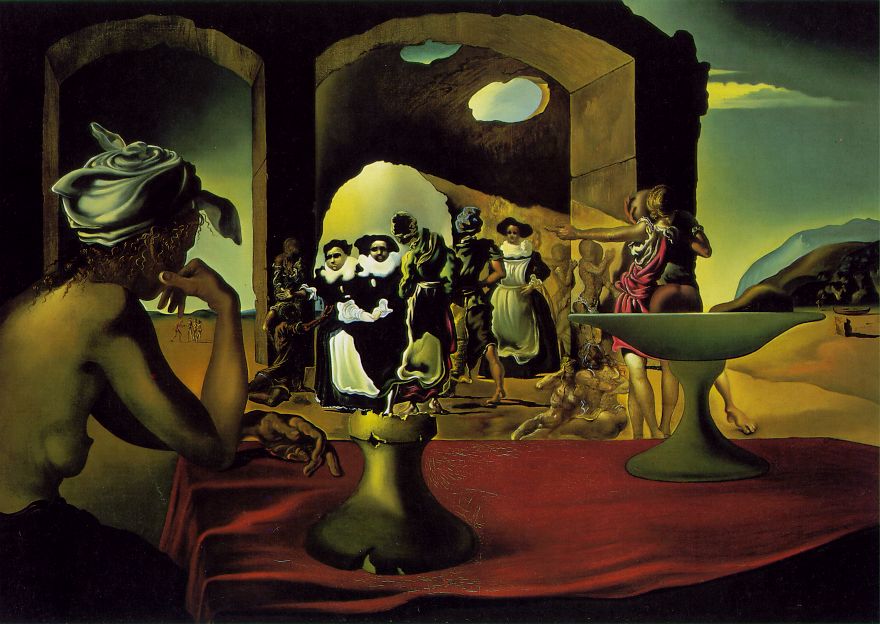Versão em Português
Les DELICES, August 30, 1755.
I have received, sir, your new book against the human species, and I thank you for it. You will please people by your manner of telling them the truth about themselves, but you will not alter them. The horrors of that human society–from which in our feebleness and ignorance we expect so many consolations–have never been painted in more striking colours: no one has ever been so witty as you are in trying to turn us into brutes: to read your book makes one long to go on all fours. Since, however, it is now some sixty years since I gave up the practice, I feel that it is unfortunately impossible for me to resume it: I leave this naturel habit to those more fit for it than are you and I. Nor can I set sail to discover the aborigines of Canada, in the first place because my ill-health ties me to the side of the greatest doctor in Europe, and I should not find the same professional assistance among the Missouris: and secondly because war is going on in that country, and the exemple of the civilised nations has made the barbarians almost as wicked as we are ourselves. I must confine myself to being a peaceful savage in the retreat I have chosen–close to your country, where you yourself should be.
I agree with you that science and literature have sometimes done a great deal of harm. Tasso’s enemies made his life a long series of misfortunes: Galileo’s enemies kept him languishing in prison, at seventy years of age, for the crime of understanding the revolution of the earth: and, what is still more shameful, obliged him to forswear his discovery. Since your friends began the Encyclopaedia, their rivals attack them as deists, atheists–even Jansenists.


